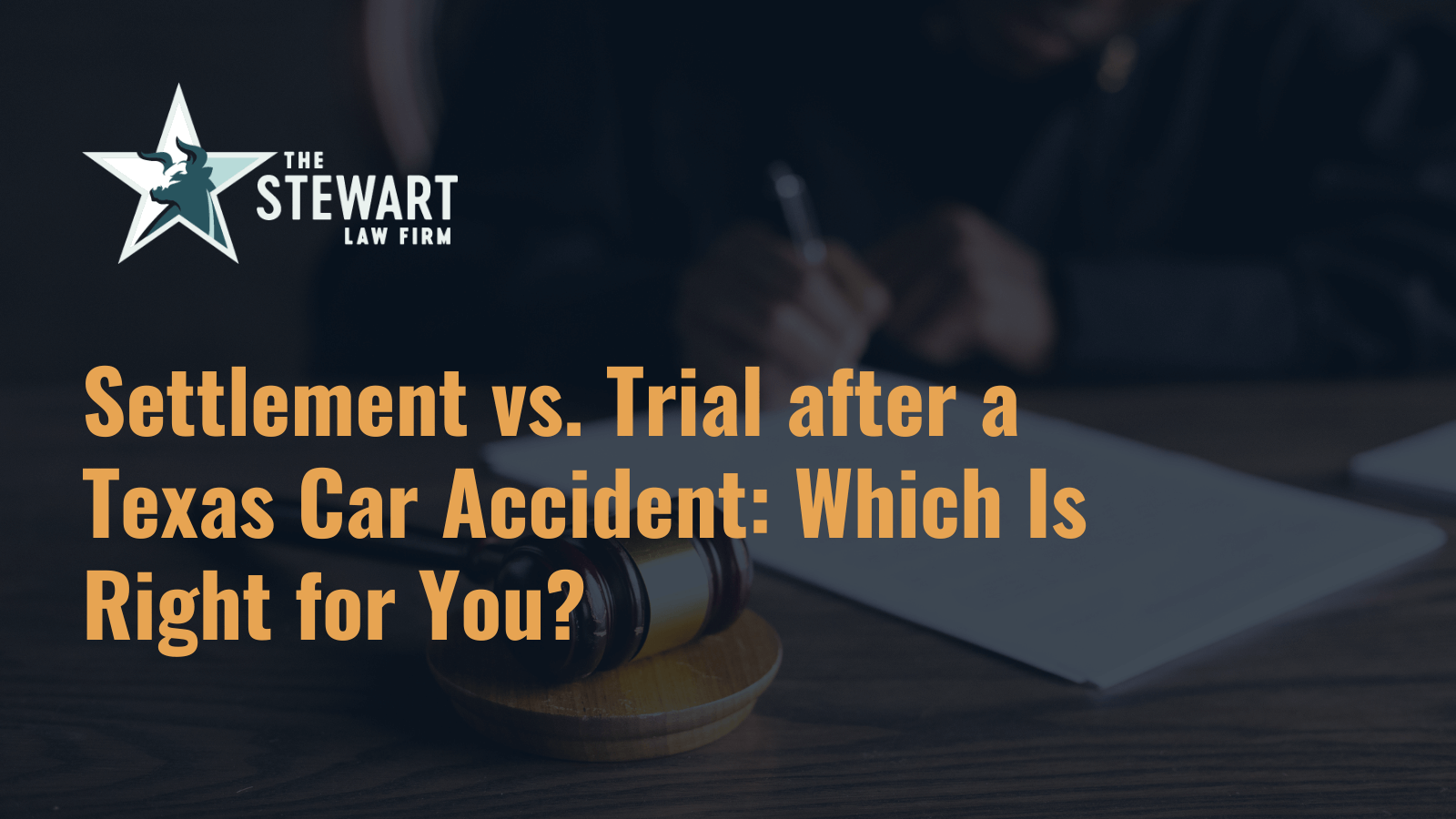The term “good Samaritan” originates from the Parable of the Good Samaritan, a famous allegory included in the Christian Gospel of Luke. Over the centuries, this designation has been repurposed into a common metaphor that describes any charitable, helpful, or selfless individual. For example, a good Samaritan can be a person who helps a stranger change a flat tire or habitually donates money to an animal rescue organization. In more serious circumstances, a good Samaritan can also refer to a citizen who comes to the aid of others in emergency situations.
Liability Issues & the Texas Good Samaritan Act
The first hour after an accident is referred to as the “golden hour” by the medical community. During this time period, even inexperienced medical attention can mean the difference between life and death. Unfortunately, it’s not unusual for an accident victim to sustain additional and even fatal injuries because a good Samaritan is trying to be helpful. After all, the average bystander lacks the essential medical knowledge and insight to accurately appraise an accident victim’s condition.
For better and worse, the Texas Good Samaritan Act generally protects these well-intentioned individuals from costly negligence claims. According to the law, “A person who in good faith administers emergency care at the scene of an emergency or in a hospital is not liable in civil damages for an act performed during the emergency unless the act is willfully or wantonly negligent.” In other words, this law protects a good Samaritan if they act in good faith and out of concern for another person’s safety.
The Texas Good Samaritan Act does not protect:
- A good Samaritan who injures a person in an act of blatant negligence.
- An individual who requests a monetary reward for rendering aid.
- A person who was at the accident scene to solicit business.
- Someone who regularly administers health care services, such as “an admitting physician or treating physician.”
Good Samaritan Disputes
Automobile accidents frequently result in good Samaritan disputes. When a serious collision occurs, it’s normal to see bystanders pull over, call 911, and even help injured parties escape from damaged vehicles. Without the Texas Good Samaritan Act, an injured passenger could feasibly sue a person who helped them escape a burning vehicle if it resulted in additional injuries.
You can review these additional examples to understand how the Texas Good Samaritan Act protects civilians:
- An at-fault driver can’t pursue damages against a good Samaritan just to offset the cost of an accident.
- A near-drowning victim can’t take legal action against someone who saved their life using CPR, even if the chest compressions broke their ribs or resulted in a collapsed lung.
Various states have enacted similar laws to encourage civilian action during the “golden hour.” However, these protections are not available to first responders, licensed health care providers, or even tow truck companies because they arrived at the scene for “business purposes.” For instance, a car accident victim can sue a tow truck company if their vehicle suffers additional damage while being towed.
Contact The Stewart Law Firm, PLLC Today
Contact the personal injury attorneys at The Stewart Law Firm, PLLC if you’ve been injured in an accident or have questions about the Texas Good Samaritan Act. Our resourceful attorneys can investigate your case, identify any negligent parties, calculate your injury-related expenses, and help you pursue a monetary award that facilitates your overall recovery.
We’re available to you 24/7. Call The Stewart Law Firm, PLLC at (512) 271-5112 to schedule a free, no-risk consultation.





